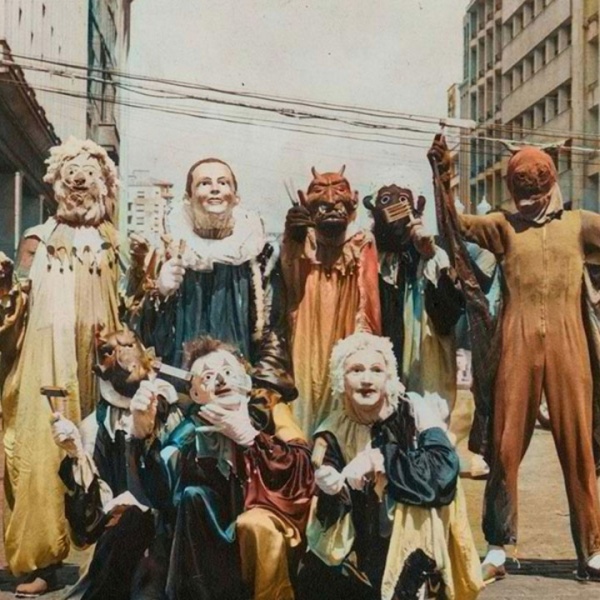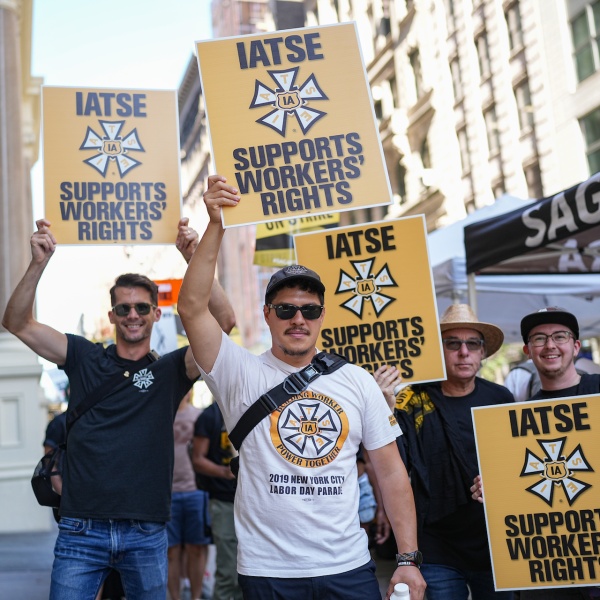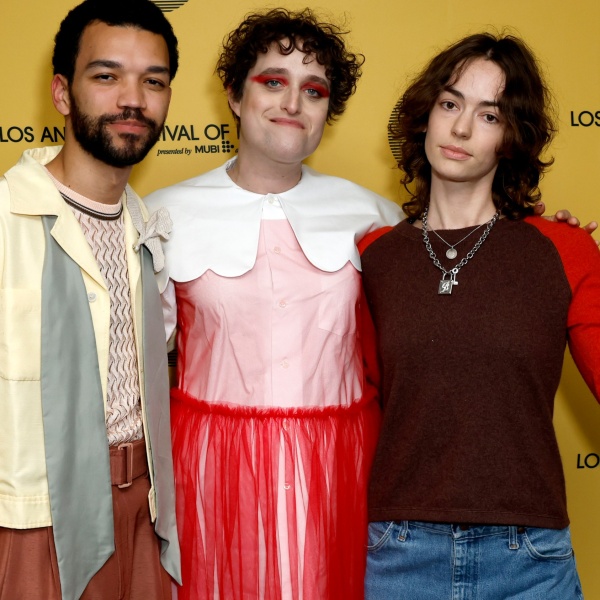“Wildcat” director Ethan Hawke was introduced to the books of Flannery O’Connor by his mother, but it was his then-teenaged daughter, Maya, who introduced him to a more personal side of the writer.
Maya Hawke, then a teenager looking for something original to recite for her Julliard audition, dug into O’Connor’s “Prayer Journal,” which captured the young, yet-to-be-published writer searching for meaning in journal entries she addressed to God. When Maya’s acting career took off with “Stranger Things,” and she approached O’Connor’s age writing the journal entries, Maya optioned the rights and asked her father to develop them into a film for her to portray O’Connor.
It was deep into the scriptwriting process that Ethan was introduced to yet another, far uglier side of O’Connor: Paul Elie’s 2020 New Yorker article, “How Racist Was Flannery O’Connor?” featured bigoted quotes from O’Connor’s personal correspondences.
“I didn’t know about any of the darker elements of people finding letters and some really ugly things,” said Ethan on an upcoming episode of IndieWire’s Toolkit podcast discussing his new film “Wildcat.” “I didn’t know any of that until we were deep in this project, and I said to Maya, ‘Well, do we quit? How afraid of this conversation are we?’”
Part of Hawke had a knee-jerk reaction to abandoning “Wildcat,” thinking of writer Alice Walker, who said, “People do not throw their geniuses away.”

“If you talk about the history of America, honestly, you’re going to talk about America’s crimes and America’s wounds,” said Hawke. “People, if they want to talk about racism, they generally like to do it in the framework of ‘this racist is really bad. They have horns on their head. They’re doing terrible things.’ Whereas the real history of systemic racism is it’s a lot of alleged nice people going along with the ride that’s very hurtful to other people in taking advantage of their privileged position. And Flannery grew up, was fed, raised on the water of the Jim Crow South.”
As Hawke dug deeper into research, one of the things he needed to reconcile in his own mind was the sharp contradiction between the casual bigotry O’Connor expressed in the letters and how her fiction sharply held a mirror to the hypocrisy of religious white southerners.
“She hates when people act like they’re on the moral high ground. Flannery is allergic to virtue signaling,” said Hawke who worked adapted scenes from O’Connor’s fiction into the film. That includes “Revelation,” in which a deeply devoted, racist woman (here, O’Connor’s own mother, played by Laura Linney) has a vision of Jesus, who tells her the only path to salvation is to be reborn as a Black person (but using a horrid epithet) or “white trash.”
“This is radical writing. It was radical in the ’50s. It’s radical now,” said Hawke. “Take that scene with Jesus, for example. It’s just a brilliant way to see white supremacy is dressed up in the clothes of Jesus. I mean, that’s how buried it is in the consciousness of these women and men and how obsessed with status we as human beings are.”
Hawke dug into the scholarship on O’Connor and race, seeking guidance from a number of artists and colleagues, as well as experts like the DreamYard Project, who organize anti-racist programming in New York schools, and Shelton Fabre, the Archbishop of Louisville, whose first question to the “Wildcat” co-writer and director was “Why do you want to make a movie about a racist?”
“A line another scholar said that I loved is that ‘she is racist, and she’s trying to recover like America,’” said Ethan. “She’s a recovering racist, and some days, she’s doing really well, and some days, history does not look favorably upon her.”
The key to moving forward with “Wildcat” was to never sell O’Connor as “Saint Flannery.” While she was able to see the hypocrisy of the world she lived in, she was also not immune to being a product of where she was raised.
“I decided that I wasn’t scared of this conversation,” Ethan said. “And that if she makes people angry, they have a right to be angry, and let’s talk about that because it doesn’t do us any good to just ignore it.”
Look out for IndieWire’s “Toolkit” episode with Ethan Hawke on podcast platforms April 29. “Wildcat” opens in the theaters May 3.







